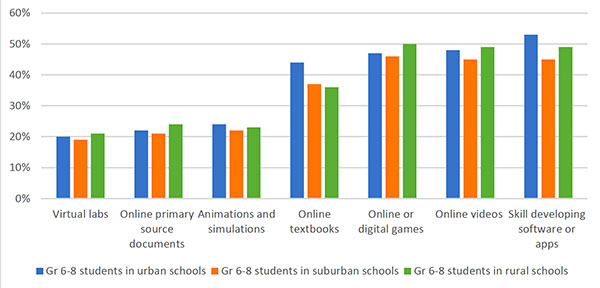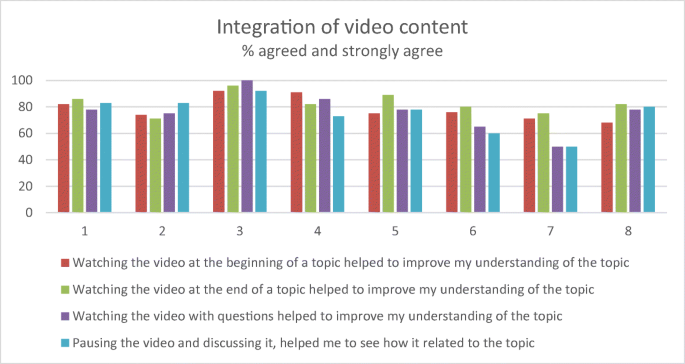The evolution of technology has permeated every aspect of our lives, and the field of education is no exception. As we navigate the 21st century, the integration of technology into education is reshaping traditional paradigms. This essay explores the profound impact of technology on education, examining the implementation of personalized learning, the enhancement of teaching efficiency, and the global accessibility of education.
Technology’s Impact on Education: Personalized Learning (Argument 1):
In the realm of education, personalized learning emerges as a groundbreaking paradigm facilitated by technological advancements. The utilization of innovative technologies tailors educational experiences to individual student needs. With the application of adaptive learning platforms and artificial intelligence, students can progress at their own pace, focusing on areas of weakness and accelerating through familiar concepts. This individualized approach not only caters to diverse learning styles but also fosters a deeper understanding of subjects.
Counter Argument 1: Concerns about Unemployment
However, this shift towards personalized learning raises concerns about potential unemployment among educators. The fear is that automation might replace traditional teaching roles. To address this, it is crucial to invest in training programs that empower educators to adapt and integrate technology effectively. By embracing a collaborative model, where technology augments rather than replaces human instructors, we can strike a balance between innovation and job preservation.
Technology’s Impact on Education: Enhanced Teaching Efficiency (Argument 2):
The integration of technology in education extends beyond personalized learning to enhance overall teaching efficiency. Online resources, interactive multimedia, and automated assessment tools contribute to a dynamic and engaging learning environment. Educators can leverage a wealth of digital materials to supplement traditional teaching methods, providing students with a rich and varied educational experience.
Counter Argument 2: Dependency on Technology
Despite these advantages, concerns linger about the overreliance on technology in the learning process. Students may become dependent on digital tools, potentially hindering the development of critical thinking and problem-solving skills. Striking a balance between technology and traditional teaching methods is imperative to ensure a holistic and well-rounded education.
Reference
Sokolov, M. (2001). Technology’s impact on society: The issue of mass-customized education. Technological Forecasting and Social Change, 68(2), 195-206.
Peters, M. A. (2019). Technological unemployment: Educating for the fourth industrial revolution. In The Chinese dream: Educating the future (pp. 99-107). Routledge.
Schmid, R. F., Bernard, R. M., Borokhovski, E., Tamim, R., Abrami, P. C., Wade, C. A., … & Lowerison, G. (2009). Technology’s effect on achievement in higher education: a Stage I meta-analysis of classroom applications. Journal of computing in higher education, 21, 95-109.
Altbach, P. G. (1977). Servitude of the Mind?: Education, Dependency, and Neocolonialism. Teachers College Record, 79(2), 1-11.
Nordlöf, C., Hallström, J., & Höst, G. E. (2019). Self-efficacy or context dependency?: Exploring teachers’ perceptions of and attitudes towards technology education. International Journal of Technology and Design Education, 29(1), 123-141.
Two charts :
https://thejournal.com/articles/2019/10/29/how-teachers-use-technology-to-enrich-learning-experiences.aspx
https://link.springer.com/article/10.1007/s10639-018-9811-6

